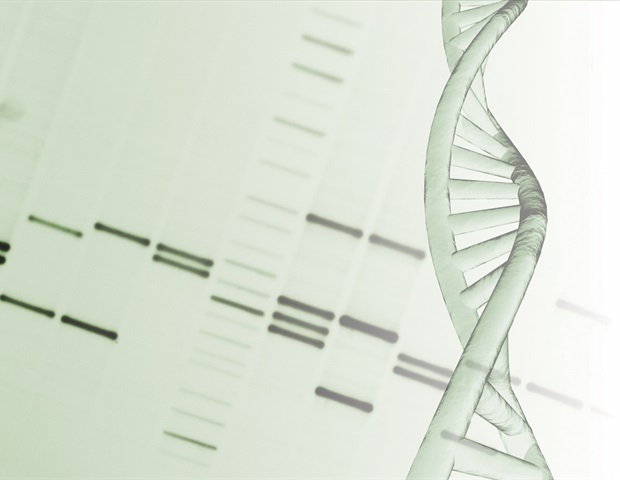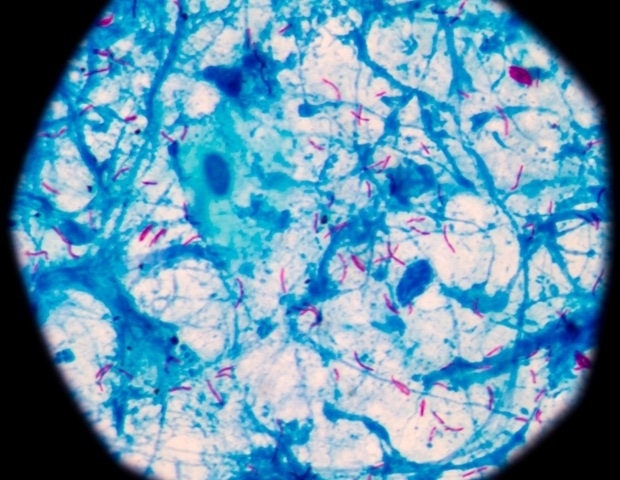A team led by investigators at Mass General Brigham and Dana-Farber Cancer Institute, USA, has shown that a single injection of an oncolytic virus—a...
Vous n'êtes pas connecté
- English
- Français
- عربي
- Español
- Deutsch
- Português
- русский язык
- Català
- Italiano
- Nederlands, Vlaams
- Norsk
- فارسی
- বাংলা
- اردو
- Azərbaycan dili
- Bahasa Indonesia
- Հայերեն
- Ελληνικά
- Bosanski jezik
- українська мова
- Íslenska
- Türkmen, Түркмен
- Türkçe
- Shqip
- Eesti keel
- magyar
- Қазақ тілі
- Kalaallisut ; kalaallit oqaasii
- Lietuvių kalba
- Latviešu valoda
- македонски јазик
- Монгол
- Bahasa Melayu ; بهاس ملايو
- ဗမာစာ
- Slovenščina
- тоҷикӣ ; toğikī ; تاجیکی
- ไทย
- O'zbek ; Ўзбек ; أۇزبېك
- Tiếng Việt
- ភាសាខ្មែរ
- རྫོང་ཁ
- Soomaaliga ; af Soomaali
 Maroc - ONCOLOGYNEWS.COM.AU - A La Une - 19/11/2024 13:53
Maroc - ONCOLOGYNEWS.COM.AU - A La Une - 19/11/2024 13:53
Using CRISPR to decipher whether gene variants lead to cancer
In recent years, scientists have created a range of new methods based on CRISPR-Cas technology for precisely editing the genetic material of living organisms. One application is in cell therapy: a patient’s immune cells can be specifically reprogrammed to fight cancer more effectively. Researchers in the Department of Biosystems Science and Engineering at ETH Zurich [...]
Articles similaires
Virus-based therapy boosts anti-cancer immune responses to brain cancer
A team led by investigators at Mass General Brigham and Dana-Farber Cancer Institute, USA, has shown that a single injection of an oncolytic virus—a...
Unexpected behavior observed during interactions between immune cells and dying cells
Over the years, cell biology has built a detailed picture of how cells compartmentalize their internal functions. Central to this organization is the...
Tuberculosis bacteria stiffen cell membranes to evade immune destruction
Scientists have uncovered an elegant biophysical trick that tuberculosis-causing bacteria use to survive inside human cells, a discovery that could...
Bridging the gap in the future of CRISPR Medicine in India
India has the ptoential to become a global leader in equitable gene therapy ......
Bridging the gap in the future of CRISPR Medicine in India
India has the ptoential to become a global leader in equitable gene therapy ......
Australian researchers target genetic puzzle at the heart of multiple sclerosis
Australian scientists are moving closer to understanding how multiple sclerosis develops, after establishing a way to examine more than 100 genetic...
Australian researchers target genetic puzzle at the heart of multiple sclerosis
Australian scientists are moving closer to understanding how multiple sclerosis develops, after establishing a way to examine more than 100 genetic...
New gene editing approach offers hope for cystic fibrosis patients
UCLA researchers have developed a lipid nanoparticle-based gene-editing approach capable of inserting an entire healthy gene into human airway cells,...
Can DNA Editing Cure CGD, a Rare Immune Disorder?
Using prime editing, NCF1 mutation is corrected in a 19-year-old with chronic granulomatous disease, an inherited immune disorder, marking a gene...
Les derniers communiqués
-
Evergreen Elevate Heads to Australia to Empower MSPs with Valuable Strategies and Insights on Better M&A Practices
Evergreen Elevate - 29/07/2025





